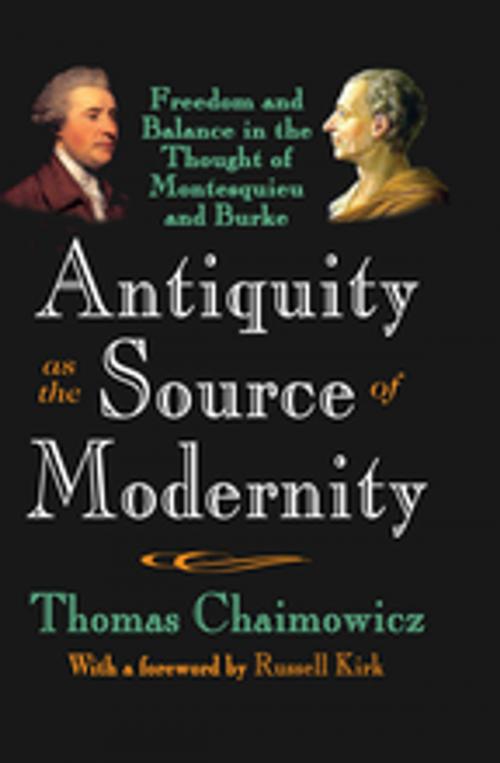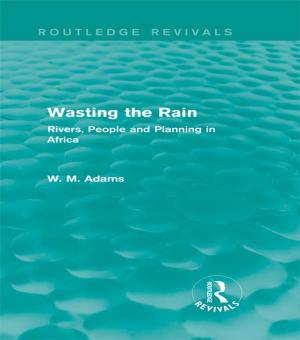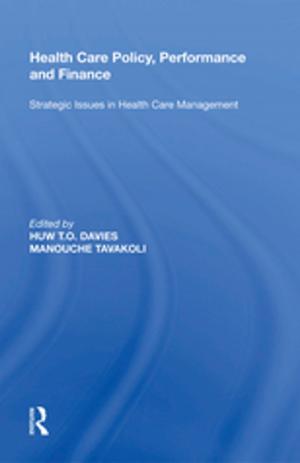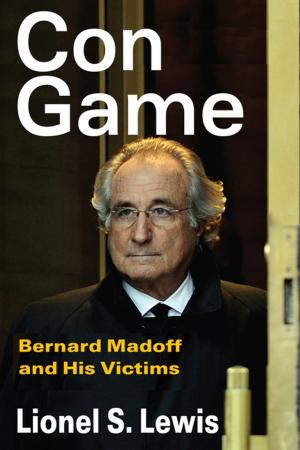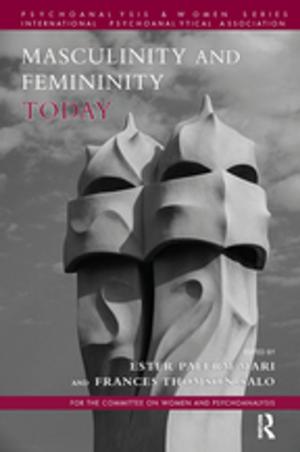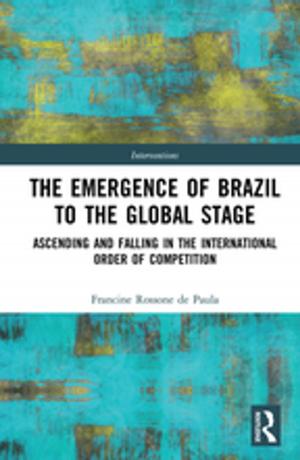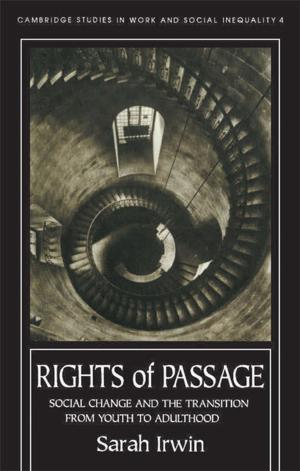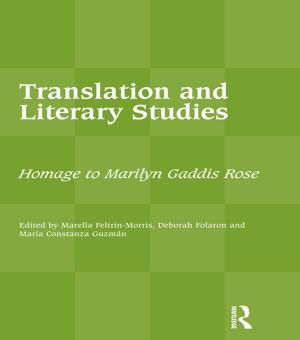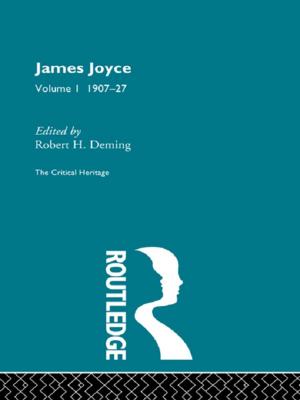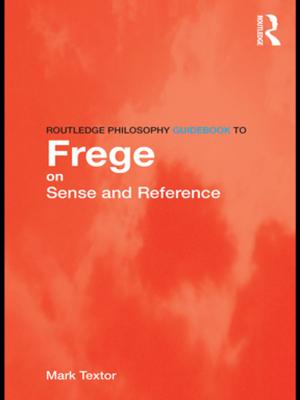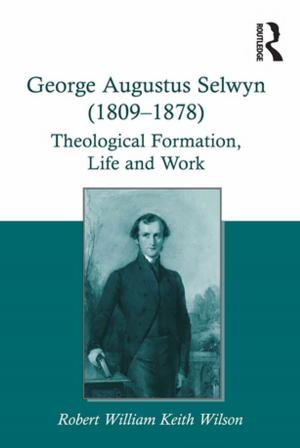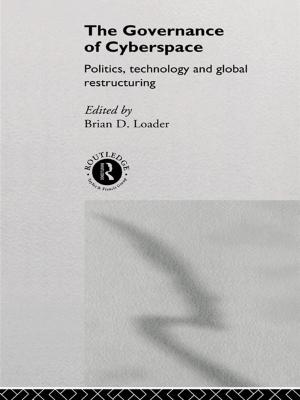Antiquity as the Source of Modernity
Freedom and Balance in the Thought of Montesquieu and Burke
Nonfiction, Religion & Spirituality, Philosophy, History, Criticism, & Surveys| Author: | Thomas Chaimowicz | ISBN: | 9781351531450 |
| Publisher: | Taylor and Francis | Publication: | July 28, 2017 |
| Imprint: | Routledge | Language: | English |
| Author: | Thomas Chaimowicz |
| ISBN: | 9781351531450 |
| Publisher: | Taylor and Francis |
| Publication: | July 28, 2017 |
| Imprint: | Routledge |
| Language: | English |
This is a book that contrary to common practice, shows the commonalities of ancient and modern theories of freedom, law, and rational actions. Studying the works of the ancients is necessary to understanding those that follow. Thomas Chaimowicz challenges current trends in research on antiquity in his examination of Montesquieu's and Burk's path of inquiry. He focuses on ideas of balance and freedom. Montesquieu and Burke believe that freedom and balance are closely connected, for without balance within a state there can be no freedom.When Montesquieu speaks of republics, he means those of antiquity as they were understood in the eighteenth century. In this view, freedom can develop only within the framework of established tradition. Edmund Burke's greatest service to political thought may lie in making use of this idea when he fought against the abstractions of the French Revolutionaries. Antiquity as the Source of Modernity examines Montesquieu's Roman mind, meaning not an attitude influenced by the ancients, but one primarily influenced by Roman heritage. It speaks to the antithesis of monarchy and despotism in Montesquieu's thought and the influence of Tacitus and Pliny the Younger on him. The separation of powers and its relation to the concept of the mixed constitution as well as Montesquieu's smaller masterpiece Considerations on the Causes of the Grandeur and Decadence of the Romans are examined in detail. Finally, the discussion leads seamlessly to Burke, who, as a critical admirer of Montesquieu, partly incorporated his interpretation of the English constitution into his own thinking threatened by teachings of the French Revolution and its British adherents.The central idea of Antiquity as the Source of Modernity is timeless. It is that the ancient past can lead to a clearer understanding of what follows. This perspective represents a reversal of the conventional procedures for conducting this kind of research,
This is a book that contrary to common practice, shows the commonalities of ancient and modern theories of freedom, law, and rational actions. Studying the works of the ancients is necessary to understanding those that follow. Thomas Chaimowicz challenges current trends in research on antiquity in his examination of Montesquieu's and Burk's path of inquiry. He focuses on ideas of balance and freedom. Montesquieu and Burke believe that freedom and balance are closely connected, for without balance within a state there can be no freedom.When Montesquieu speaks of republics, he means those of antiquity as they were understood in the eighteenth century. In this view, freedom can develop only within the framework of established tradition. Edmund Burke's greatest service to political thought may lie in making use of this idea when he fought against the abstractions of the French Revolutionaries. Antiquity as the Source of Modernity examines Montesquieu's Roman mind, meaning not an attitude influenced by the ancients, but one primarily influenced by Roman heritage. It speaks to the antithesis of monarchy and despotism in Montesquieu's thought and the influence of Tacitus and Pliny the Younger on him. The separation of powers and its relation to the concept of the mixed constitution as well as Montesquieu's smaller masterpiece Considerations on the Causes of the Grandeur and Decadence of the Romans are examined in detail. Finally, the discussion leads seamlessly to Burke, who, as a critical admirer of Montesquieu, partly incorporated his interpretation of the English constitution into his own thinking threatened by teachings of the French Revolution and its British adherents.The central idea of Antiquity as the Source of Modernity is timeless. It is that the ancient past can lead to a clearer understanding of what follows. This perspective represents a reversal of the conventional procedures for conducting this kind of research,
